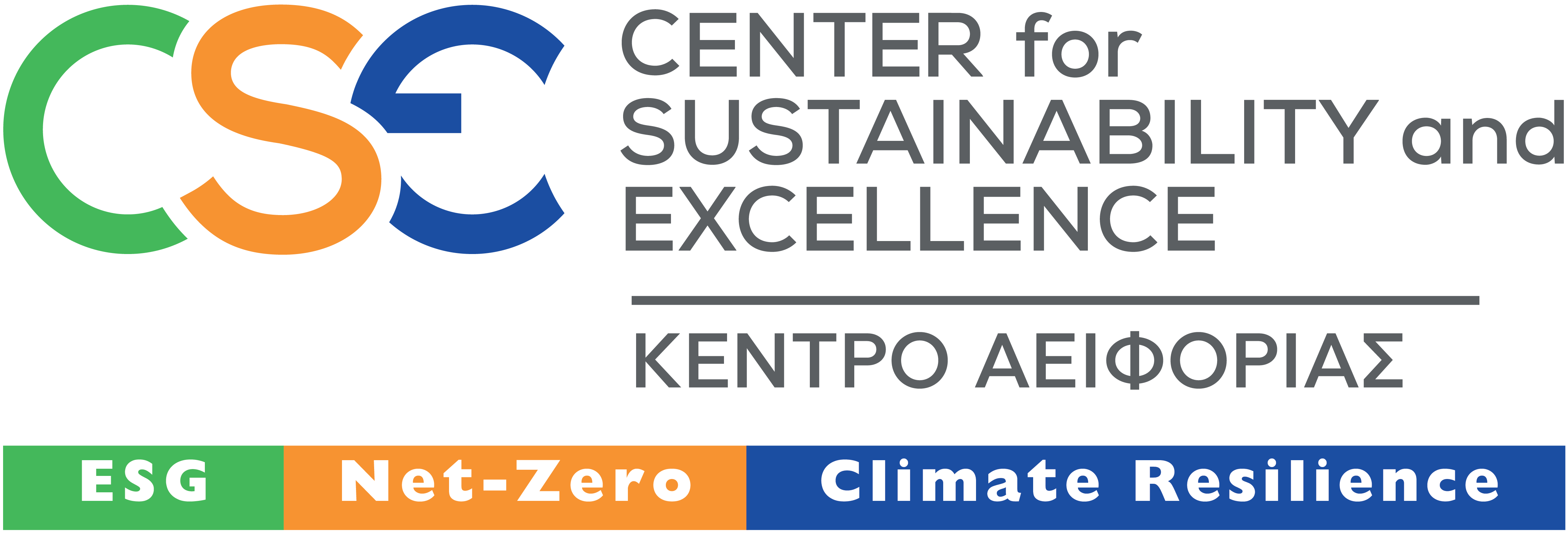Part 2 in our series What to Expect from Sustainability Training
Why take two days away from home, traveling to Houston or NYC, Seattle, Toronto, to take Sustainability Training?
You can probably take a course at a local University, or even a degree. A quick glance indicates Higher Ed is teaching about the UN Sustainable Development Goals (SDGs). And, the often-huge campuses certainly have at least one course on sustainability strategy.
They LACK training for practical applications. You can get swamped understanding the need for Corporate Social Responsibility (CSR) and flounder around the mountains of research which prove the profitability of a sustainability strategy (even our own research!). Yet, without going through the sustainability process themselves, all universities have to offer is theory – sound theory, to be sure.
Yet, applications which culminate in working Sustainability Strategies are elusive. Practice means methodical iterations of raising awareness within the corporate hierarchy, identifying and engaging stakeholders, determining and measuring appropriate KPI (key performance indicators) and setting goals with specific targets. Then, the company can produce a sustainability report – a critical piece to enhancing profitability.
Ranking indexes, which drive investment, rely on sustainability reports which optimally align with a specific standard such as the GRI (Global Reporting Initiative), annual reports, government and legal filings, positions on other ranking platforms, financial and general media coverage, reports made to other organizations such as CDP and reports by advocacy groups.
In general, higher education is late to sustainability reporting. Organizations such as AASHE are trying to change this, but there needs to be a critical mass of sustainability practitioners, i.e., those who practice CSR to implement pragmatic curricula.
University graduates, well versed in theory, need practical certification, regardless the discipline they’ve pursued. These graduates are taking CSE courses. Why? Training based on practice can disclose details few schools will cover. Did you know the GRI sector disclosure which applies to universities (but only the non-profits) is the NGO disclosure? If that last sentence is gobbledygook, then you need a training focused on practice.
There are intricacies and nuances to different reporting mechanisms and platforms. In addition, sustainability initiatives and how to effectively implement or improve them are also nuanced and specific to each corporation.
CSE’s Certified Sustainability Practitioner Program (Advanced Edition 2019) offers practical application grounded in theory based on years of experience implementing actual CSR with corporations and organizations around the world. CSE’s next trainings are in Houston, Sept 26-27; San Francisco 15-16 Oct.; Seattle, Oct. 28-29; and Toronto, Oct. 31-Nov. 1, 2019. This is the “how to” course for identifying stakeholders, material issues, goals, implementation and reporting.








